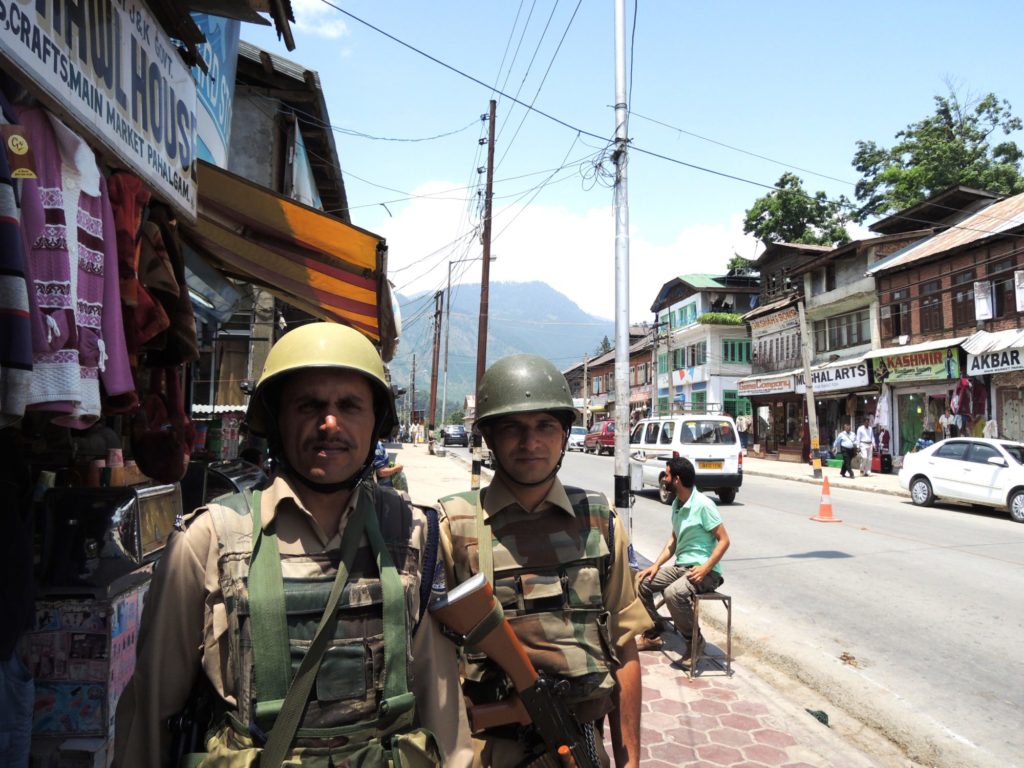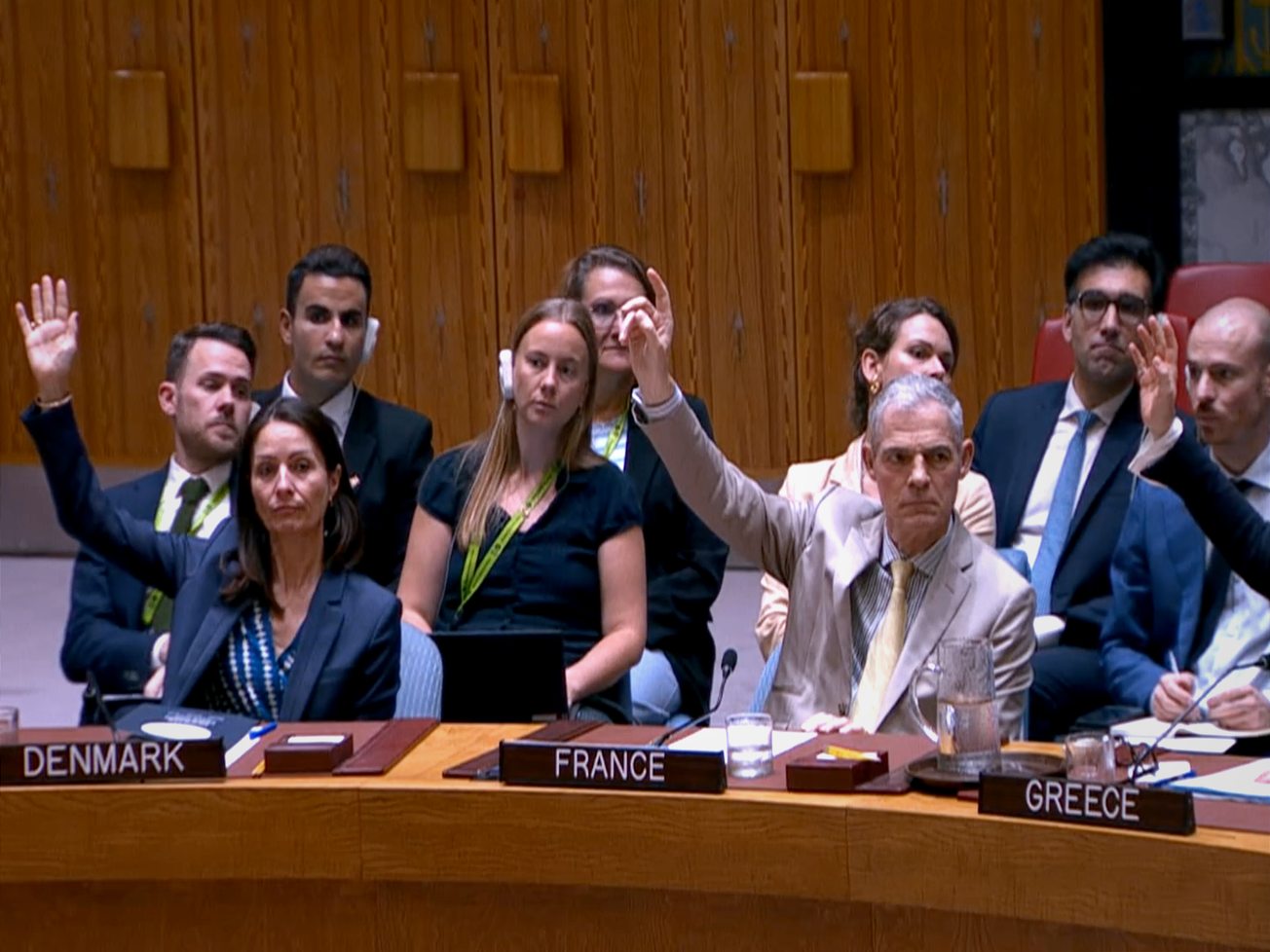UNITED NATIONS (AN) — The U.N. Security Council met to formally discuss Jammu and Kashmir for the first time in almost a half-century, signaling the intense stakes as protests and clashes with police intensified.
Prodded by China and Pakistan, the council held closed-door talks on Friday about the extraordinary security crackdown in the Indian-controlled region, where a government lockdown tried to stem the fallout from its Aug. 5 decision to downgrade Jammu and Kashmir’s autonomy.








